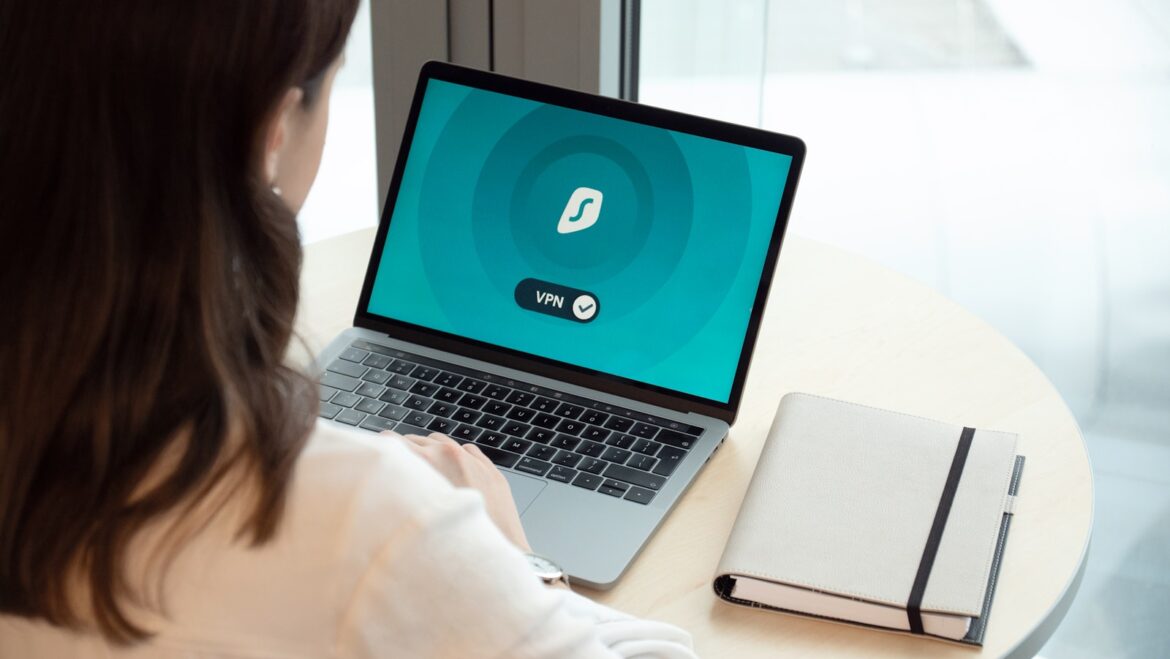As we approach 2025, plumbing technology is evolving rapidly, offering smarter, more energy-efficient, and environmentally friendly solutions for both homeowners and businesses. Whether you’re a contractor, homeowner, or just someone interested in the latest developments, staying updated on plumbing trends is crucial. In this article, we will explore the plumbing innovations you should know about for 2025 and how they can enhance your plumbing system.
1. Smart Plumbing Systems
One of the most significant plumbing trends for 2025 is the integration of smart technology. Smart plumbing systems allow homeowners and businesses to monitor and control their water usage from anywhere using a smartphone app. These systems provide real-time data on water consumption, leak detection, and even send alerts if there’s a potential problem.
For instance, smart water meters can help identify areas where water usage is excessive, helping to save money on utility bills. Additionally, smart faucets and showerheads with sensors can adjust water flow based on usage patterns, promoting water conservation.
2. Water-Efficient Fixtures
As water conservation becomes increasingly important, water-efficient fixtures are leading the charge in 2025 plumbing trends. Low-flow toilets, faucets, and showerheads have been around for years, but advancements in technology have made these fixtures more efficient than ever.
Newer models offer powerful performance while using significantly less water. For example, modern toilets now use as little as 1.28 gallons per flush, down from the traditional 3.5 gallons. Similarly, water-saving showerheads provide a satisfying water pressure experience while reducing water usage by up to 50%.
3. Tankless Water Heaters
Tankless water heaters are quickly becoming a must-have for homeowners looking to save space and energy. Unlike traditional water heaters, which continuously heat and store water, tankless units heat water on demand. This eliminates the need for a large storage tank and ensures you only use energy when you need hot water.
These systems are also compact, making them ideal for homes with limited space. Moreover, since they do not require constant re-heating of water, they can significantly reduce energy consumption, which translates to lower utility bills.
4. Eco-Friendly Plumbing Materials
With sustainability becoming a top priority, the materials used in plumbing are evolving. In 2025, eco-friendly plumbing materials are gaining popularity due to their durability and minimal environmental impact. Copper, for instance, remains a preferred option for pipes because it is long-lasting, recyclable, and resistant to corrosion.
Additionally, the use of PEX (cross-linked polyethylene) pipes has grown due to its flexibility, ease of installation, and resistance to freezing. PEX pipes also reduce the need for joints, which can sometimes lead to leaks.
5. Graywater Recycling Systems
Graywater recycling systems are becoming increasingly common in both residential and commercial plumbing. These systems capture water from baths, sinks, and washing machines, filter it, and then repurpose it for non-potable uses, such as irrigation or flushing toilets.
By using graywater, homeowners can reduce their water usage significantly, which is especially important in regions with water scarcity. As the technology improves, expect to see more affordable and efficient graywater recycling systems in the market by 2025.
6. Advanced Leak Detection Systems
Detecting leaks early is essential to preventing costly water damage. In 2025, advanced leak detection systems are poised to become a staple in modern plumbing setups. These systems use sensors and smart technology to detect leaks as soon as they occur, sending alerts to homeowners or building managers before significant damage can occur.
Some systems are equipped with automatic shut-off features, which can turn off the water supply to prevent flooding. These innovations not only protect your property but also contribute to water conservation efforts by preventing unnecessary water waste.
7. Pipe Insulation for Energy Efficiency
Pipe insulation is another growing trend in 2025. Insulating your pipes can help maintain water temperature, reduce energy costs, and prevent freezing in colder climates. Insulated pipes are particularly beneficial in areas with extreme temperatures, as they ensure that hot water stays hot and cold water stays cold, reducing the workload on your water heater.
Moreover, proper pipe insulation also prevents condensation, which can lead to mold growth and water damage. As energy efficiency becomes a higher priority, expect more plumbing systems to incorporate advanced pipe insulation materials in 2025.
8. Sustainable Plumbing Solutions for Commercial Properties
As businesses increasingly focus on sustainability, commercial properties are adopting green plumbing solutions to reduce their environmental footprint. In addition to low-flow fixtures and tankless water heaters, commercial buildings are implementing energy-efficient plumbing systems that optimize water and energy use.
For instance, rainwater harvesting systems allow businesses to collect and reuse rainwater for irrigation or toilet flushing, reducing their reliance on municipal water systems. Similarly, advanced water filtration systems ensure that businesses provide clean water while minimizing waste.
9. Touchless Plumbing Features
Touchless plumbing features are rapidly gaining popularity, particularly in high-traffic areas like commercial restrooms and public spaces. These systems use motion sensors to control water flow in faucets, toilets, and soap dispensers, reducing the spread of germs and enhancing convenience.
Touchless faucets, for example, automatically turn on when they detect movement, eliminating the need to touch handles and reducing the risk of cross-contamination. In addition, touchless technology helps conserve water by limiting the amount of time water is running.
10. Plumbing Drones for Inspection
In 2025, drones are making their way into the plumbing industry for inspections. These drones are equipped with cameras and sensors that can easily access difficult-to-reach areas, such as pipes inside walls or underground plumbing systems.
Drones are revolutionizing plumbing inspections by providing real-time video footage and data to plumbers, helping them diagnose issues more accurately and efficiently. This reduces the need for invasive procedures and minimizes the disruption to homeowners and businesses during repairs.
FAQs
What are the most important plumbing trends for 2025?
The most important plumbing trends for 2025 include smart plumbing systems, water-efficient fixtures, tankless water heaters, and eco-friendly plumbing materials. Innovations like leak detection systems, graywater recycling, and sustainable plumbing solutions for commercial properties are also on the rise.
How do smart plumbing systems work?
Smart plumbing systems use sensors, connected devices, and mobile apps to monitor and control your plumbing system. These systems can detect leaks, track water usage, and alert you about potential problems in real-time, offering increased convenience and efficiency.
What is graywater recycling, and why is it important?
Graywater recycling involves reusing water from baths, sinks, and washing machines for non-potable purposes like irrigation or toilet flushing. It helps reduce water usage and promotes sustainability, especially in areas with limited water resources.
What are the benefits of tankless water heaters?
Tankless water heaters heat water on demand, eliminating the need for a large storage tank. They are energy-efficient, save space, and can significantly reduce utility bills by only using energy when hot water is needed.
How does leak detection technology work?
Leak detection systems use sensors placed in plumbing to monitor for water flow irregularities or leaks. These systems send alerts to homeowners or building managers, and some even have automatic shut-off features to prevent flooding and water damage.
Why is touchless plumbing becoming more popular?
Touchless plumbing is becoming popular for its convenience, hygiene, and water-saving benefits. Motion-sensor faucets and toilets reduce the spread of germs and prevent water waste by automatically controlling water flow.










